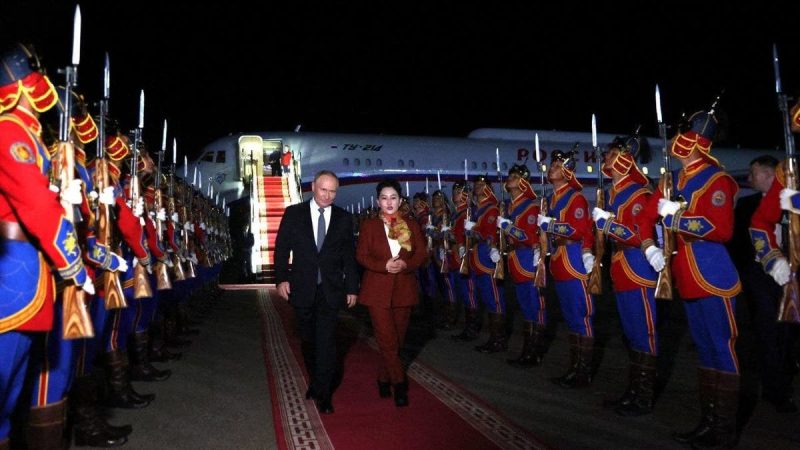Mongolia’s Relationship with the International Criminal Court: The Putin Visit Situation
It’s paramount to understand that the International Criminal Court (ICC) was established to promote good governance, adherence to international law, and to keep alleged war criminals accountable. When serious international crimes committed by the heads of states go unpunished, the ICC steps in, even demanding arrests if necessary. However, the situation took an interesting turn when Mongolia boldly ignored the ICC’s demands to arrest Russian President, Vladimir Putin, during his state visit, a bold step that has sparked worldwide discussions.
To start with, the ICC issued an arrest warrant for Putin due to his alleged involvement in war crimes and crimes against humanity, particularly in Ukraine. Noting Putin’s scheduled state visit to Mongolia, the ICC saw it as an opportunity to bring him to account. They proceeded to make a direct request to the Mongolian authorities to arrest and surrender Putin upon his visit.
However, Mongolia, a country that typically observes international laws and is a signatory to the Rome Statute establishing the ICC, chose to ignore this particular directive from the international body. Some critics have argued that the move was controversial and out of alignment with the nation’s commendably legalistic international reputation.
Yet, upon a deeper reflection, Mongolia’s decision can be seen in a wider context of international politics and diplomacy. In fact, the country finds itself in a unique geopolitical position, as it is sandwiched between two of the world’s superpowers, Russia and China. Therefore, the relationship with these states significantly influences Mongolia’s foreign policy, a factor that may have contributed to their declination of the ICC’s request.
Mongolia’s economy relies heavily on these superpowers, especially in terms of its export market. Also, Russia supplies nearly 90% of Mongolia’s oil, an integral element of the country’s economy. Thus, adherence to the ICC demands might have dramatic implications for Mongolia, which likely triggered the decision to decline.
From the domestic perspective, the country also holds a significant affinity towards the Russian leader. Putin is a respected figure in Mongolia and arresting him during his visit could lead to civil unrest. This inevitably played a part in Mongolia’s final say on the matter.
The reaction of other states to Mongolia’s decision to ignore the ICC warrant has been varied. While many western nations have declared their disappointment, citing Mongolia’s responsibility to observe international law, others such as Russia and its allies viewed the decision as a pivotal moment signifying Mongolia’s growing independence from the influences of western-leaning institutions.
In conclusion, while the decision has sparked various reactions in the international community, it ultimately sheds light on the intricate dynamics of international law and its application in different geopolitical scenarios. It illustrates how national interests and geopolitical strategies can sometimes override the perceived sanctity of international legal directives, painting a complex picture of the realities of international politics.






























